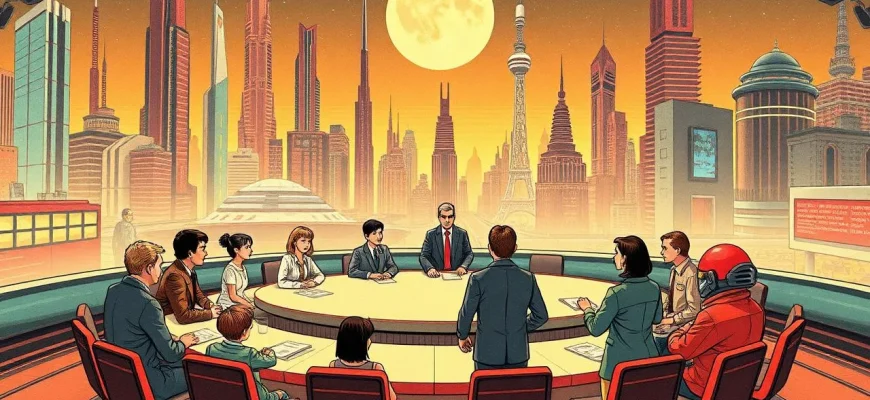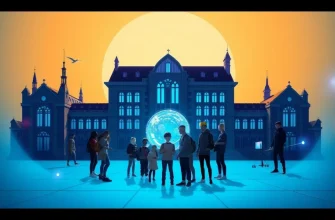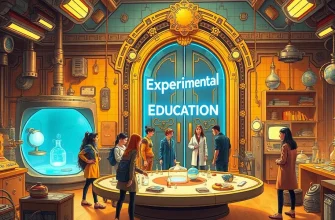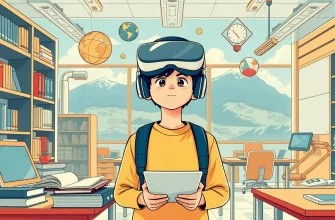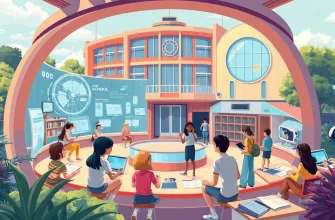Are you a fan of science fiction and the intellectual thrill of lectures? This curated list of 10 films combines both elements, offering viewers a unique blend of futuristic settings and educational discourse. These films not only entertain but also stimulate thought, making them perfect for those who appreciate a good lecture within their cinematic experience. Whether it's a lesson on time travel, alien civilizations, or the ethics of artificial intelligence, these films will take you on an intellectual journey through the cosmos.
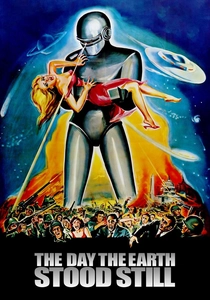
The Day the Earth Stood Still (1951)
Description: In this classic, Klaatu delivers a powerful speech to the world's scientists about the need for peace and the consequences of war, making it a poignant lecture on global harmony.
Fact: The film was remade in 2008 with Keanu Reeves, but the original remains a landmark in sci-fi cinema for its message and simplicity.
 Watch Now
Watch Now
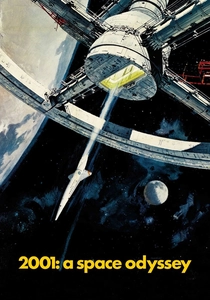
2001: A Space Odyssey (1968)
Description: While not a traditional lecture, the film's opening sequence with the monolith can be seen as a visual lecture on human evolution and the influence of technology.
Fact: Stanley Kubrick and Arthur C. Clarke developed the story simultaneously, with Clarke's novel being published after the film's release.
 Watch Now
Watch Now
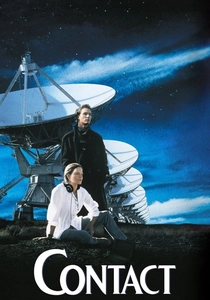
Contact (1997)
Description: This film features a lecture by Dr. Ellie Arroway, where she discusses the possibility of extraterrestrial life, setting the stage for the entire plot revolving around the search for alien intelligence.
Fact: The film was inspired by Carl Sagan's novel of the same name, and Sagan himself appears in a cameo as a guest on a talk show.
 Watch Now
Watch Now

Gattaca (1997)
Description: The film includes a lecture on genetic engineering and the societal implications of eugenics, setting up the ethical debate at the heart of the story.
Fact: The film's title is based on the four nucleobases of DNA: guanine, adenine, thymine, and cytosine.
 Watch Now
Watch Now

The Matrix (1999)
Description: Morpheus's explanation of the Matrix to Neo is one of the most iconic lectures in sci-fi, detailing the nature of reality and human existence within a simulated world.
Fact: The Wachowskis developed the concept for the film over several years, initially pitching it as a comic book.
 Watch Now
Watch Now
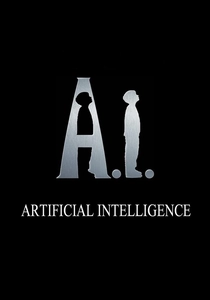
A.I. Artificial Intelligence (2001)
Description: Professor Hobby's lecture on creating artificial life forms introduces the concept of love and emotion in robots, which becomes the film's central theme.
Fact: The film was originally conceived by Stanley Kubrick, but after his death, Steven Spielberg took over and completed the project.
 Watch Now
Watch Now

Primer (2004)
Description: While not a traditional lecture, the film's complex time travel mechanics are explained through a series of intense, technical discussions among the characters, making it a cerebral experience.
Fact: The film was made on a budget of only $7,000 and was written, directed, and starring Shane Carruth, who also composed the score.
 Watch Now
Watch Now

Ex Machina (2014)
Description: Nathan's discussions on artificial intelligence and the Turing test serve as lectures, exploring the ethics and implications of creating sentient machines.
Fact: The film was shot in a single location, a remote house in Norway, to emphasize the isolation and focus on character interaction.
 Watch Now
Watch Now
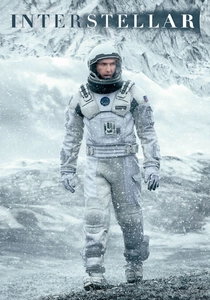
Interstellar (2014)
Description: Professor Brand's lectures on gravity and the potential for human survival through space exploration are central to the plot, providing scientific grounding to the film's epic journey.
Fact: The film's depiction of a black hole, Gargantua, was based on real scientific theories, with effects calculated by physicist Kip Thorne.
 Watch Now
Watch Now
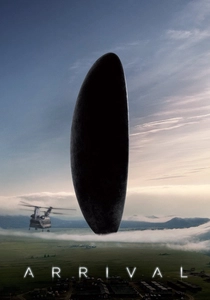
The Arrival (2016)
Description: The film features a linguist giving a lecture on the nature of language and time, which becomes crucial as she attempts to communicate with alien visitors.
Fact: The film's alien language was designed by a linguist, and the film explores the Sapir-Whorf hypothesis.
 Watch Now
Watch Now

